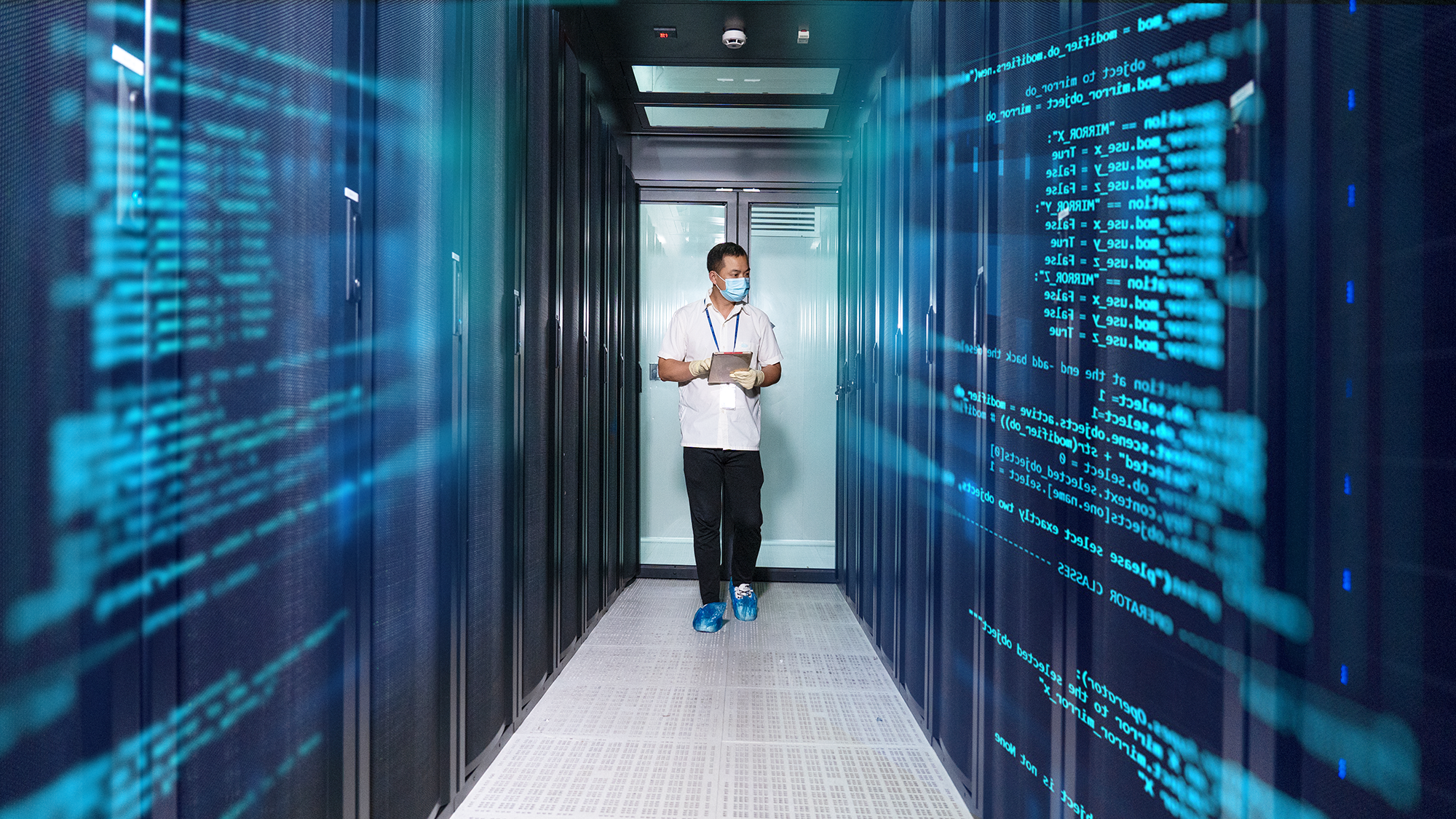
By Greg Gao
Chinese EV startup XPeng has teamed up with internet giant Alibaba to build a computing center called Fuyao (扶摇) for autonomous driving vehicle model testing in Ulanqab, northern China’s Inner Mongolia, according to the two companies.

The two companies held a ceremony for the project and said that the Fuyao facility’s computing power could reach 600 petaflops, which would speed up the training of autonomous driving models by nearly 170 times. XPeng claims that the new computing center will reduce the training time for its core autonomous driving model from seven days to an hour.
Autonomous driving systems require vast amounts of data to be processed in order to train algorithms. The move marks XPeng’s ambitions to pull ahead in China’s fiercely competitive electric vehicle market and attempt to challenge established EV giants Tesla and BYD.
At the launching ceremony of the intelligent computing center on August 2, Yun Penggang, Deputy Mayor of Ulanqab, said that by riding the wave of the booming autonomous driving and smart computing industry, Ulanqab has become a spearhead to vigorously promote China’s eastern Data and western Computing initiative.
The Fuyao facility adopts green technologies such as air cooling, AI temperature regulation, and modular design and has an annual average PUE (Power Usage Effectiveness) of less than 1.2. It is expected to use fresh outside air for cooling more than 80 percent of a year.
Ulanqab in Inner Mongolia is a key point in one of the eight national computing power hubs, taking advantage of lots of space and low temperatures, to offload computing from China’s populated East. Ulanqab is also home to data centers operated by Huawei, Apple, and UCloud, as well as other Alibaba facilities. TikTok’s rival Kuaishou is building a $1.4bn data center in the region.
With the explosive development of AI applications, intelligent computing has become the fastest-growing form of computing power. It also has better performance and lower energy consumption when handling AI applications. According to the statistics of MIIT, there are currently more than 20 intelligent computing centers built or under construction in China, which are located in Gansu, Beijing-Tianjin-Hebei, Yangtze River Delta, Guangdong-Hong Kong-Macao Greater Bay Area, Chengdu-Chongqing and other national computing power hubs.
RELATED
-
GE Healthcare's new Shanghai Innovation Center hosts first batch of digital health startups
11-17 19:11 -
The Japanese Panasonic president emphasizes commitment to the Chinese market
11-17 18:28 -
China’s tech giant Alibaba terminates the plan to spin off of its cloud business in wake of tightened US chip export controls
11-17 15:36
READ MOST

No Data Yet~







